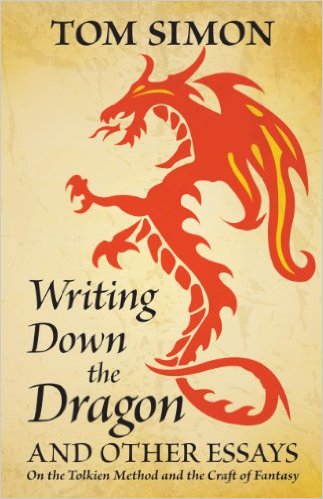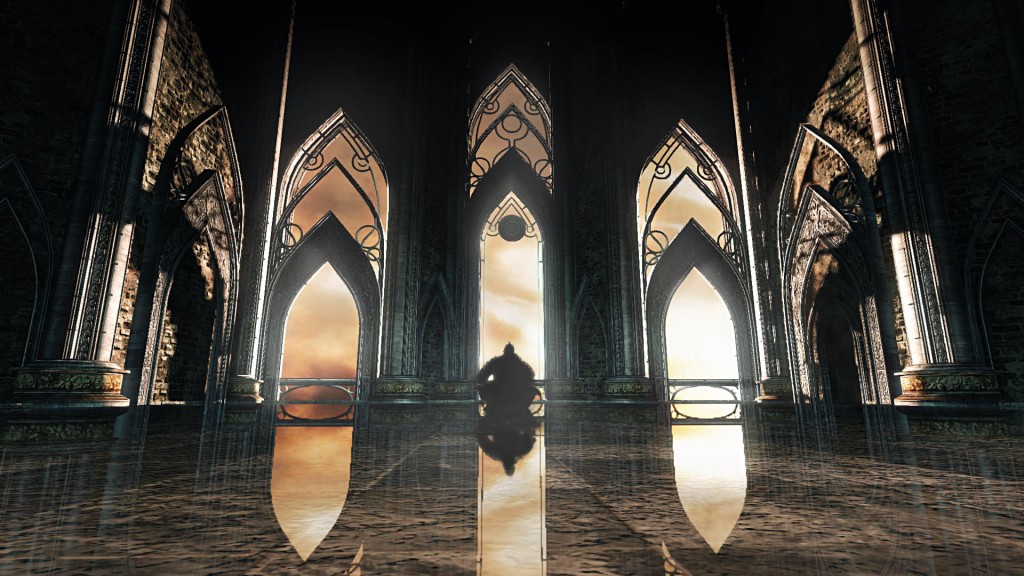Latest in my lovely and talented wife’s series about the attack on fairy tales by the powers of darkness:
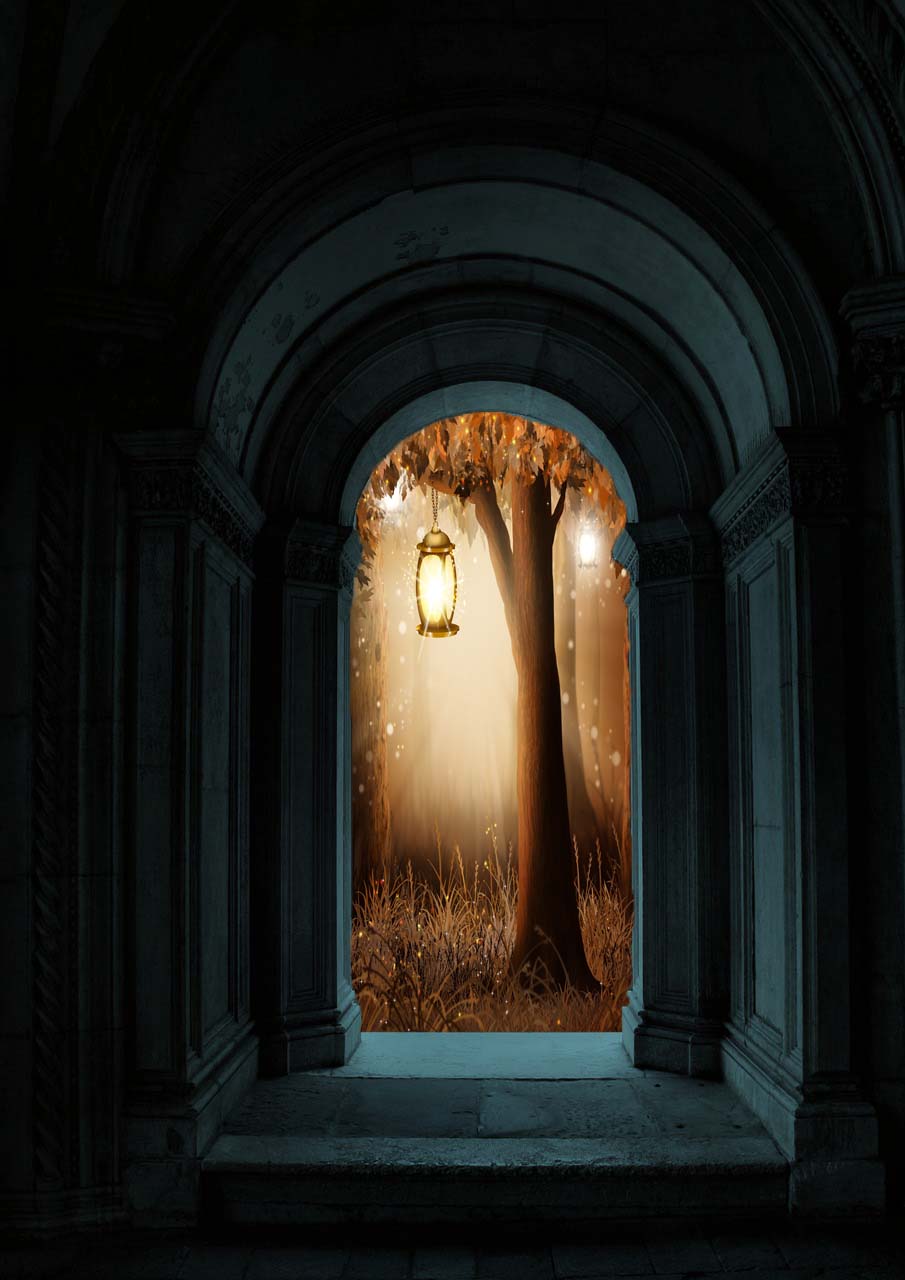
You live in a fairy tale. What fairytale? For that, you shall have to read the first part of this series on Defending The Wood Perilous, which you can find here. The second part explains why the Wood Perilous needs defending. The third part discusses what it is about fairy tales that make them perilous to the forces of modernity.
Now, without further ado:
Part Four: A Disgrace to the Forces of Evil!
Heroism is so deadly to the Degenerati [those partaking in the degenerate forces of modernity] that even villains cannot be majestic. In many of these stories, only the bad and tawdry things were exalted. True villainy, of the majestic kind, was also banished.
Don’t believe me?
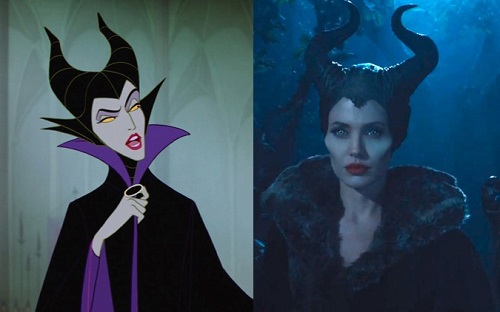
Notice how one is snide and confident, while the other looks teary-eyed and weak.
If you search for Malificent, both these ladies show up, but only the original version of Malificent shows up if you search for one of her most famous quotes: “Now shall you deal with ME, O Prince, and all the powers of Hell!”
There’s a reason for that.
Both these women may share the same malicious and magnificent name, but only one of them deserves it.
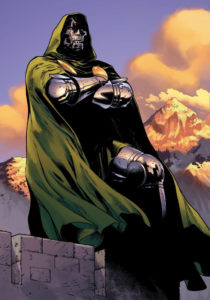
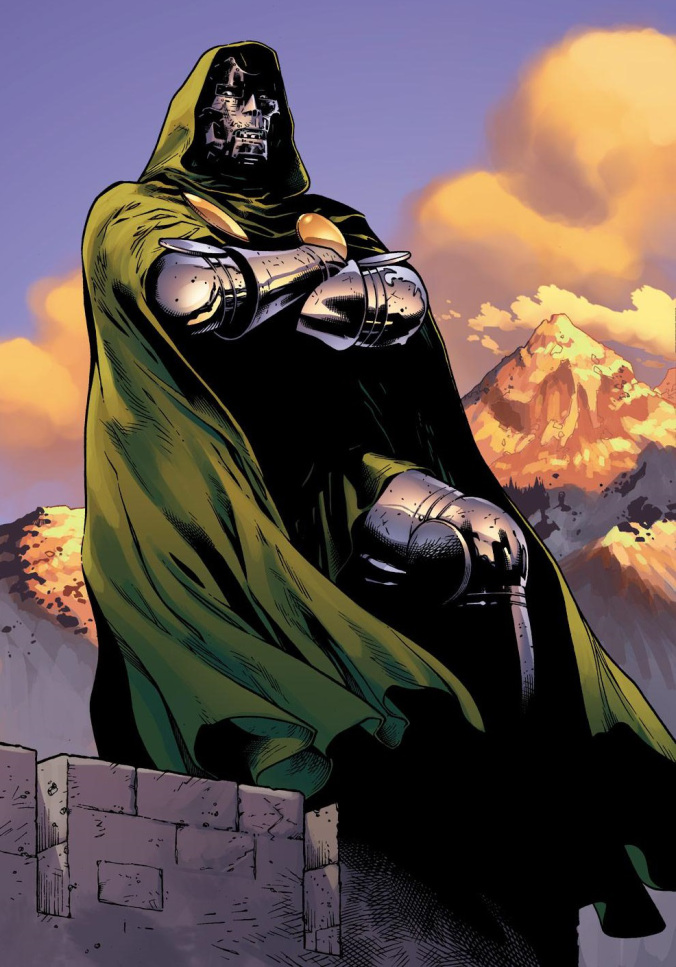
Victor Von Doom does not approve.
To those of us whose eyes are not blinded by the putrid bile that fills the eyes of the Degenerati, villainy seems, well, vile. An impressive bad guy is still a bad guy, and bad guys are bad. And so we see them, whether they are wimpy villains or majestic villains OF DOOM!
What do I mean by majestic? Imagine an enormous, black, basalt fortress stretching as far as the eye can see. It is vast and impregnable, with arrow slits and crenelations. And atop those, crenelations, a man stands calm, imperious, implacable–and set upon your destruction. Nothing sways him. Nothing disturbs him. He speaks a word and a hundred, thousand, million minions all jump into action to obey him.
Those of us not yet blinded by darkness often prefer our villains majestic. But to those whose hearts have been corrupted, majesty itself is despised.
Why? Because the more impressive the villains, the more impressive the hero who defeats him.
In real fairy tales, both the hero and the villain can be majestic. In the twisted modern stories, no one is majestic. The heroes are not brave and glorious, and the villains are not fierce and awe-inspiring.
In fact, nothing is awe-inspiring at all.
Read more on the new Superversive Inklings blog…

